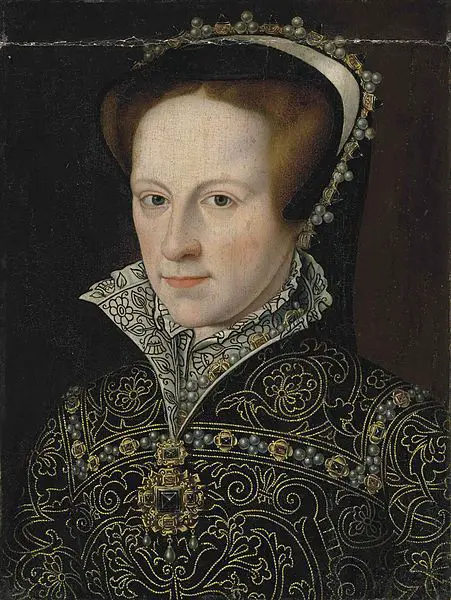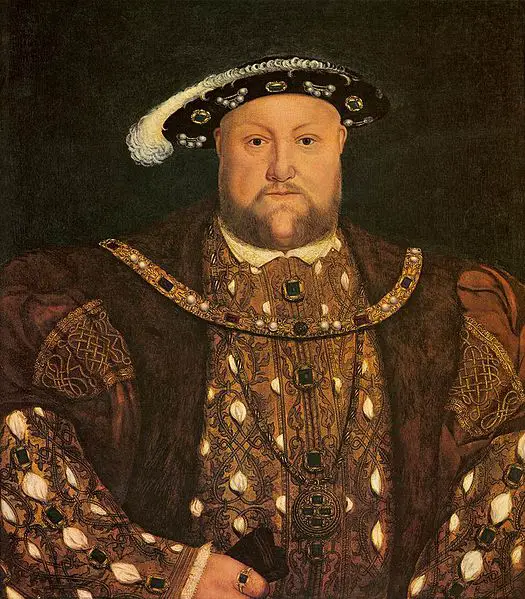In this week's Claire Chats talk, I am continuing my series on the Tudor monarchs, and examining their reigns for "the good, the bad, the ugly", i.e. their achievements and the not-so-good stuff, by looking at the reign of the third Tudor monarch, King Edward VI.
Of course, Edward VI died before he reached his majority, so in examining his reign I have to look at "the good, the bad and the ugly" of the two men who led his government: Edward Seymour, Duke of Somerset, and John Dudley, Duke of Northumberland.
More resources on Edward VI:
- Edward VI – True or false quiz
- Researching Edward VI - Claire Chats talk
- Edward VI Books
- Edward VI Primary Sources
- Claire Chats video – A timeline of the events of 1553
- Edward VI "Tudor Life" magazine
You can also use the search box to find articles and resources on Edward Seymour and John Dudley.
Further reading
- Edward Seymour: Lord Protector by Margaret Scard
- John Dudley: The Life of Lady Jane Grey's Father-in-Law by Christine Hartweg
- Edward VI by Chris Skidmore
- http://www.preservearticles.com/history/essay-on-the-career-ideas-and-achievements-of-edward-vi-of-england/13038
- https://www.s-cool.co.uk/a-level/history/the-mid-tudor-period-part-1/revise-it/the-protector-somerset



Someone should have pointed out to Edward that nobody is full bloodied as we are all half one thing and half another unless our parents were brother and sister, unless you could say that Mary was half English, half Spanish and everyone else had two English parents. His comments on Anne Boleyn in the Devise are not very nice, either, he obviously believed she had betrayed his father and that excluded Elizabeth.
We do, as you say, have to remember that Edward wasn’t ruling on his own and take his childhood age into consideration when looking at his reign, but he did have very progressive ideas of his own on reforms, because he wrote a paper on them. Increasingly as well, we know something of what he did himself on a daily basis because he left a journal. Until Queen Victoria, this is unique for a monarch.
It is also interesting to hear some of the fair minded ideals of John Dudley because most people only know him as the overly ambitious Council leader who put his own son and daughter in law, Jane Grey and Guildford Dudley on the throne, having bullied the dying Edward into changing his will and worked with Henry Grey to keep Mary off the throne. Of course, that is the Hollywood version and it was much more complex than that as the sources tell us. On the contrary it was Dudley who wanted cooperation and to work through Parliament, rather than act with his own ambitions as Edward Seymour had done. To Edward vi, his solutions for the Succession sounded sensible and the best way forward. He had the support of the Judges and initially the Council consented, although they may have been brow beaten, we don’t know for certain. Parliament, however, didn’t have time to meet and make Jane’s succession fully lawful, so Mary was able to act and gain support. 13_frantic days followed and it was Mary’s resourcefulness, the hesitation of her enemies and her own popular support and character as well as her true claim as Henry’s legitimate daughter which won her the day.
Edward showed real promise in his last couple of years when he took some part in the Reformation and learning to rule. It actually would not surprise me if he had have decided to declare his majority at sixteen, his health permitting of course, had he lived. He was starting to learn who to trust and his intelligence certainly shows even as he attempted to work out a beneficial way forward for the country as he saw things.
Thank you!